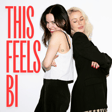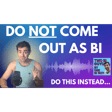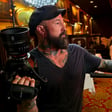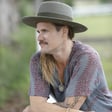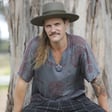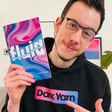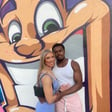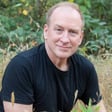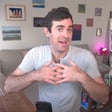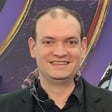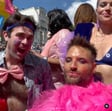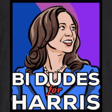
A Non-Binary Entity of Pure Queer Joy & Stupidness with Mark Cusack aka Marco Fabulasio
This episode features the second half of my interview with Mark Cusack (he/they), founder of the support site "Not Defining" (a space for anyone struggling with their sexuality, gender, or identity), ICF Certified Integrative Coach, and LGBTQ+ mentor. In this section, we discussed asexuality and the ace spectrum, what’s so special about dating couples, how queerness intersects with neurodivergence, Mark's drag persona “Marco Fabulasio”, and we each said "bye bye" to something we'd like to do away with in queer culture. Thanks for listening!
Mark’s Website: https://www.notdefining.com/
NotDefining on YouTube: https://www.youtube.com/channel/UCct1pE5fNVUdIR1aw3wxPew
NotDefining on IG: https://www.instagram.com/notdefining/
Mark’s Drag Alter-Ego, Marco Fabulasio: https://www.instagram.com/marcofabulasio/
Rob’s Website: https://www.robertbrookscohen.com/
